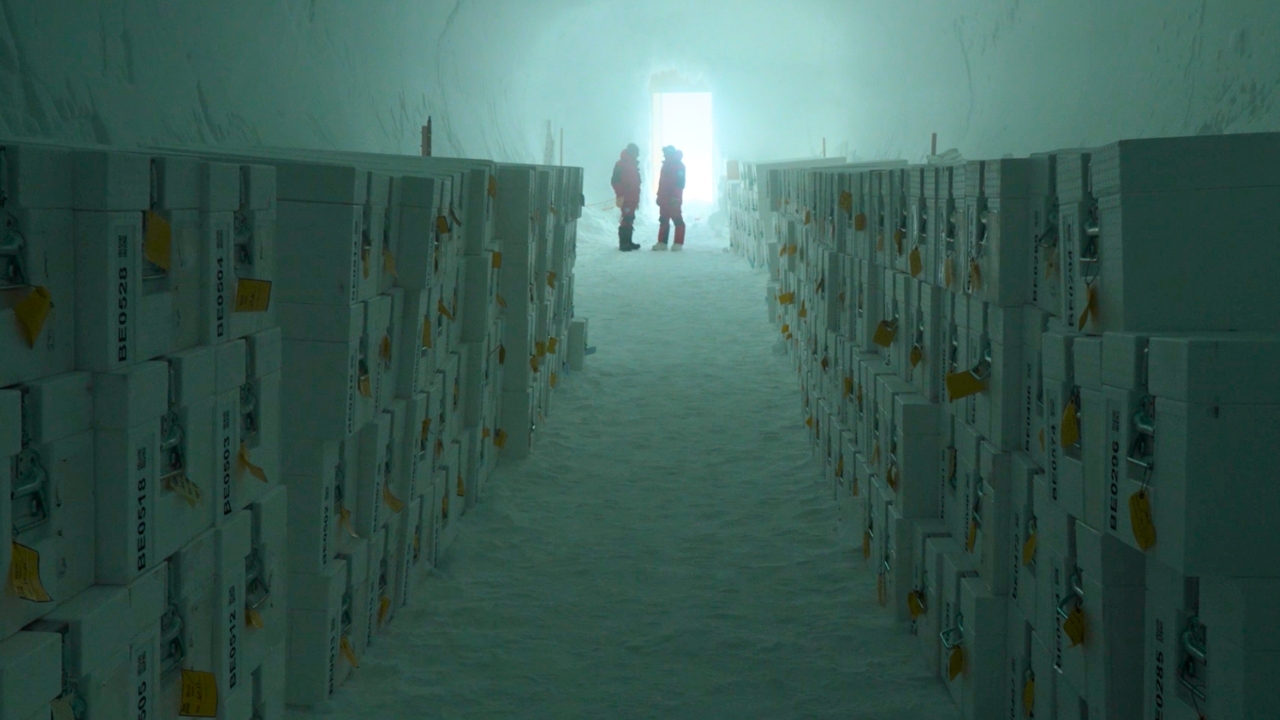
Scientists on Wednesday sealed ancient chunks of glacial ice in a first-of-its-kind sanctuary in Antarctica in the hope of preserving these fast-disappearing records of Earth's past climate for centuries to come.
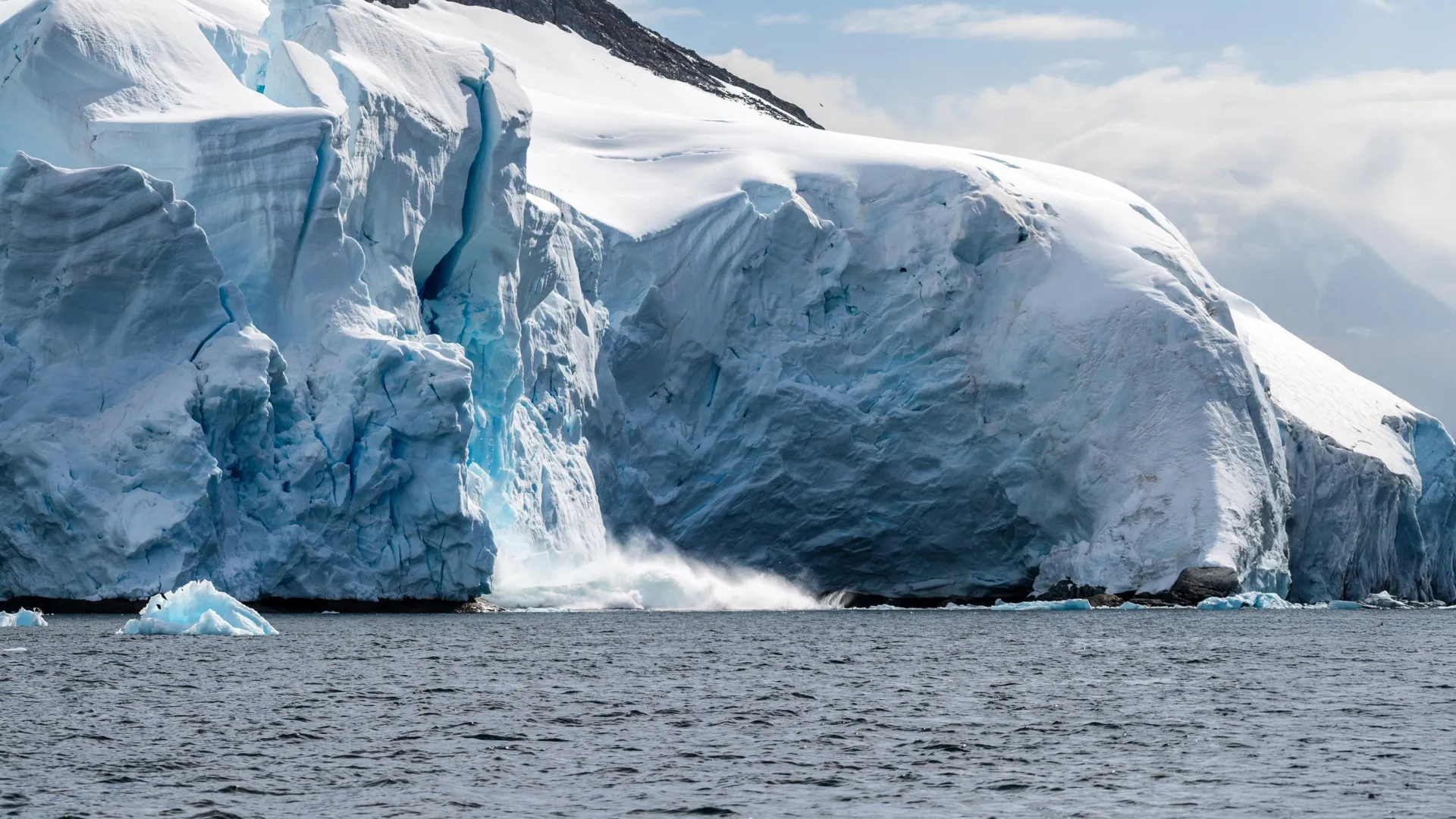
Researchers warn Antarctica is undergoing abrupt changes that could trigger global consequences.

The latest Global Tipping Points Report suggests the world's coral reefs are at risk of mass dieback. More than 80 per cent of coral reefs worldwide have bleached in a marine heatwave in the past two years.

While temperatures soar within decades, tree populations take 100 to 200 years to shift in response. A sweeping new analysis of ancient pollen and modern data reveals this dramatic lag - and its consequences.
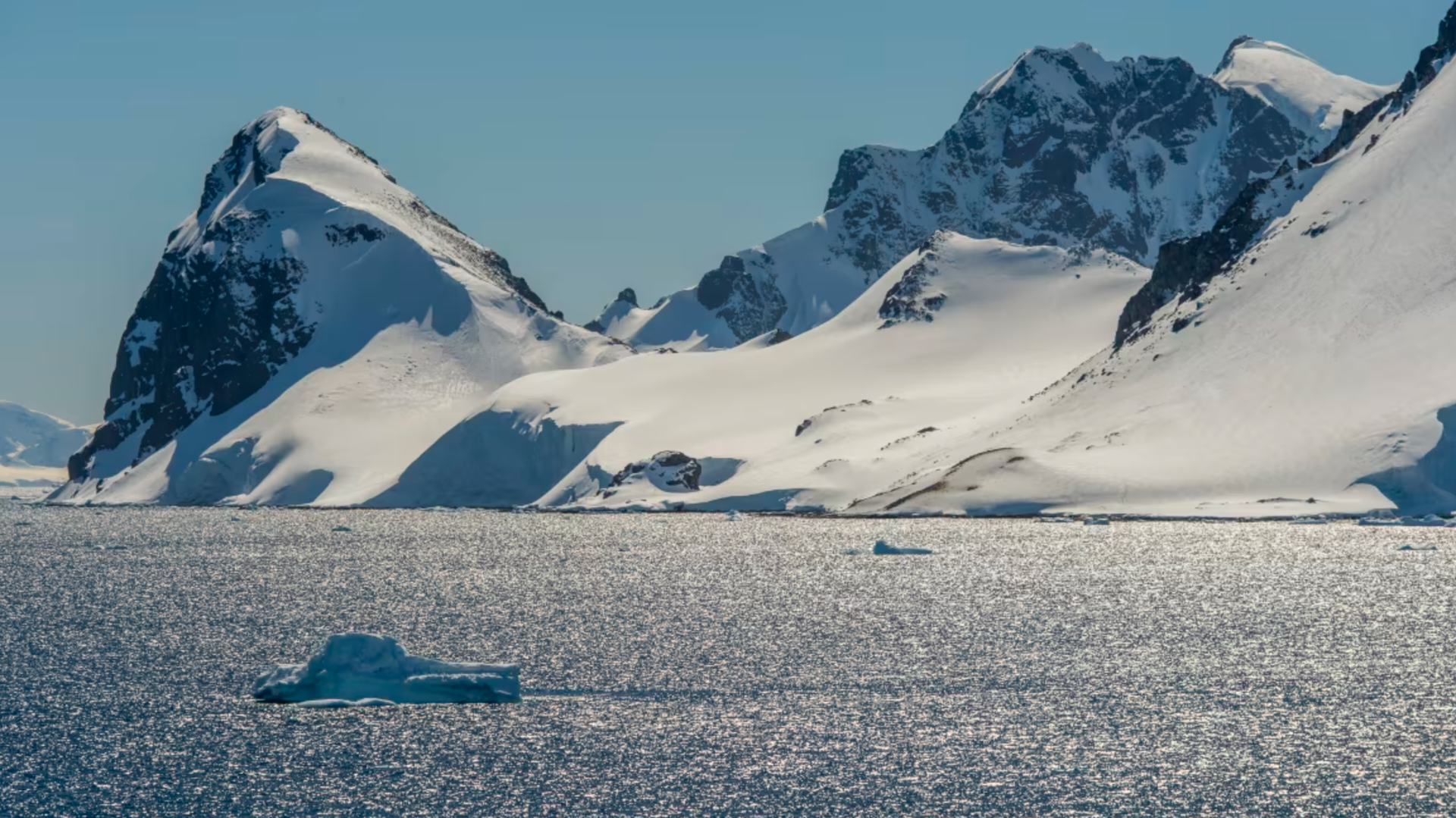
In recent years, the Southern Ocean has undergone rapid rise in surface salinity across the waters surrounding Antarctica, paired with a steep and ongoing decline in sea ice.
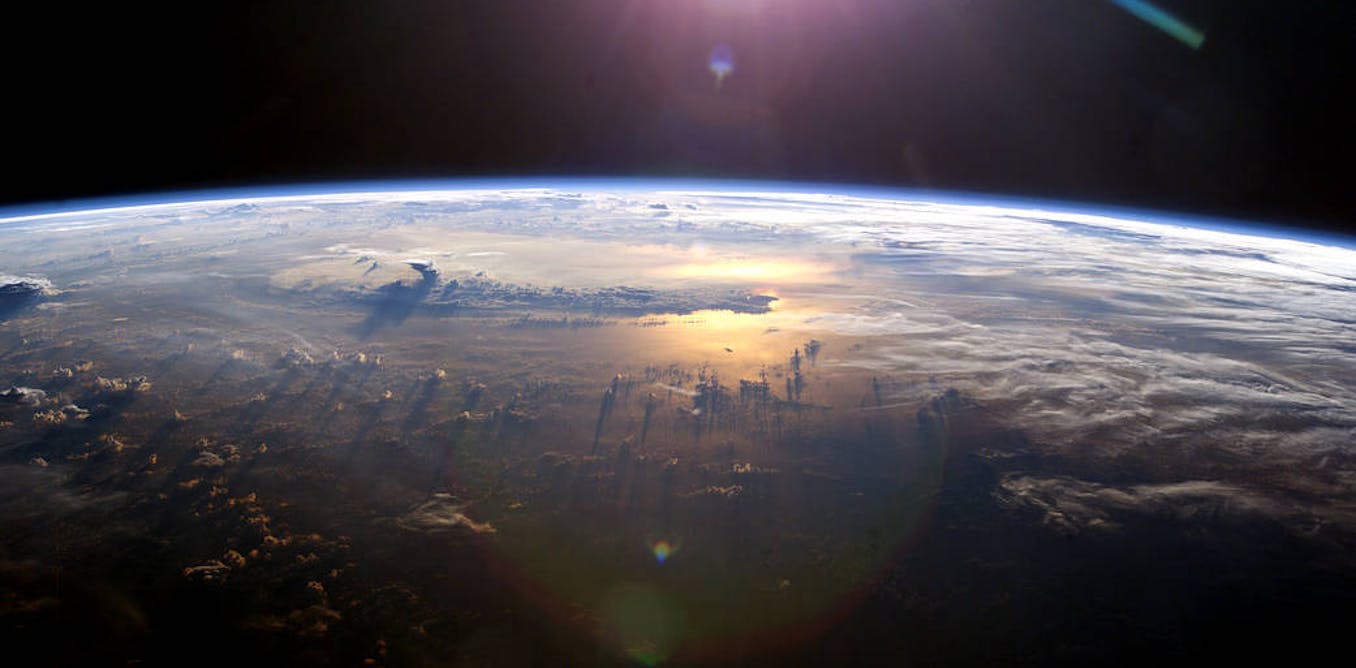
Real world measurements of how much extra heat the Earth is trapping are well beyond most climate models. That's a real problem.
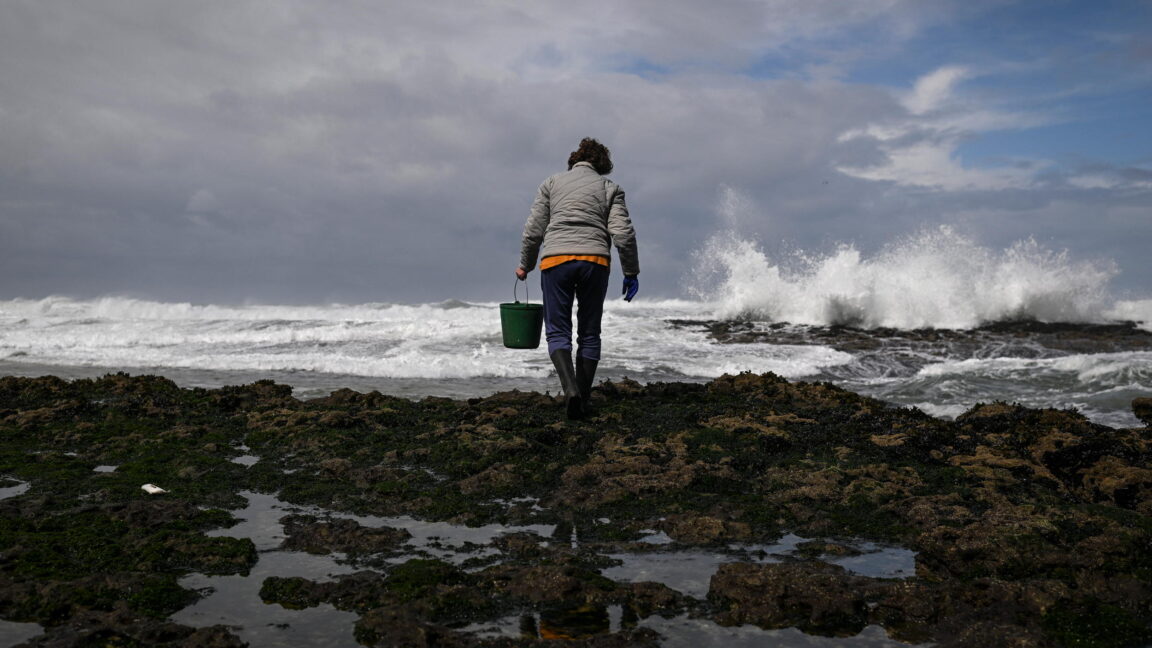
A study found that ocean acidification—the process in which the world’s oceans absorb excess carbon dioxide from the atmosphere, becoming more acidic—crossed a “planetary boundary” five years ago.

Rising “atmospheric thirst” – also known as atmospheric evaporative demand (AED) – is responsible for about 40% of the increase in drought severity over the last four decades (1981-2022).
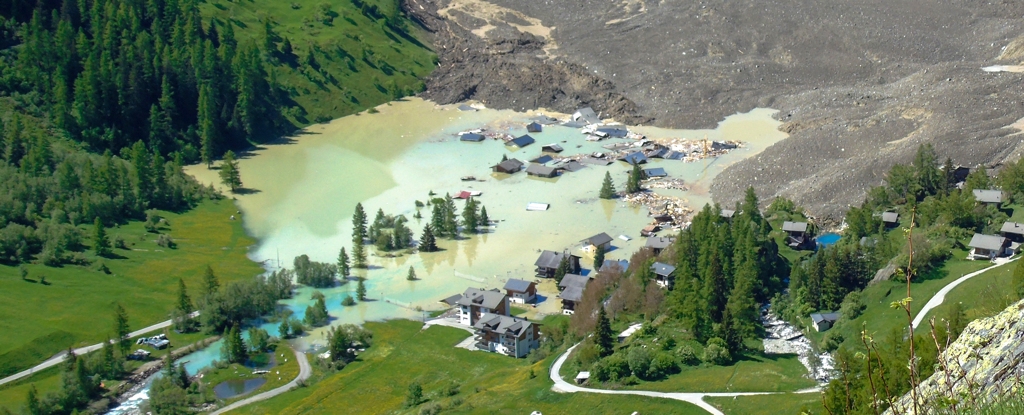
The collapse of the Swiss Birch glacier serves as a chilling warning of the escalating dangers faced by communities worldwide living under the shadow of fragile ice, particularly in Asia, experts say.

South Africa's land is rising due to long-term drought. GPS and satellite data show the uplift is linked to drying underground water.

The United Nations warned on Wednesday that there is a 70 percent chance that average warming from 2025 to 2029 would exceed the 1.5 degrees Celsius international benchmark.
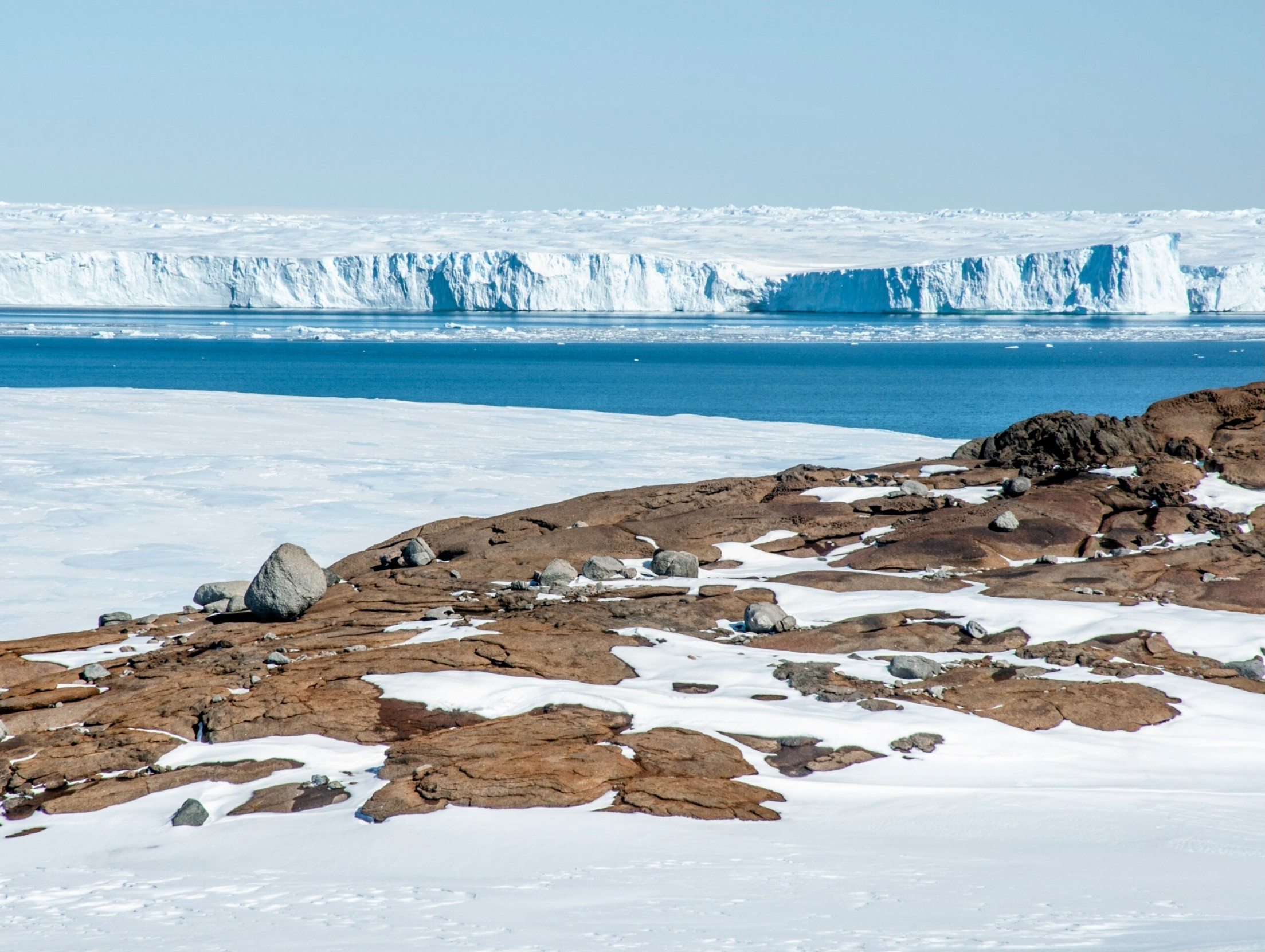
New research shows polar ice sheets may begin irreversible collapse even at 1.5 C warming - putting millions at risk.

Climate scientists reveal that millions of today's young people will live through unprecedented lifetime exposure to heatwaves, crop failures, river floods, droughts, wildfires and tropical storms under current climate policies.
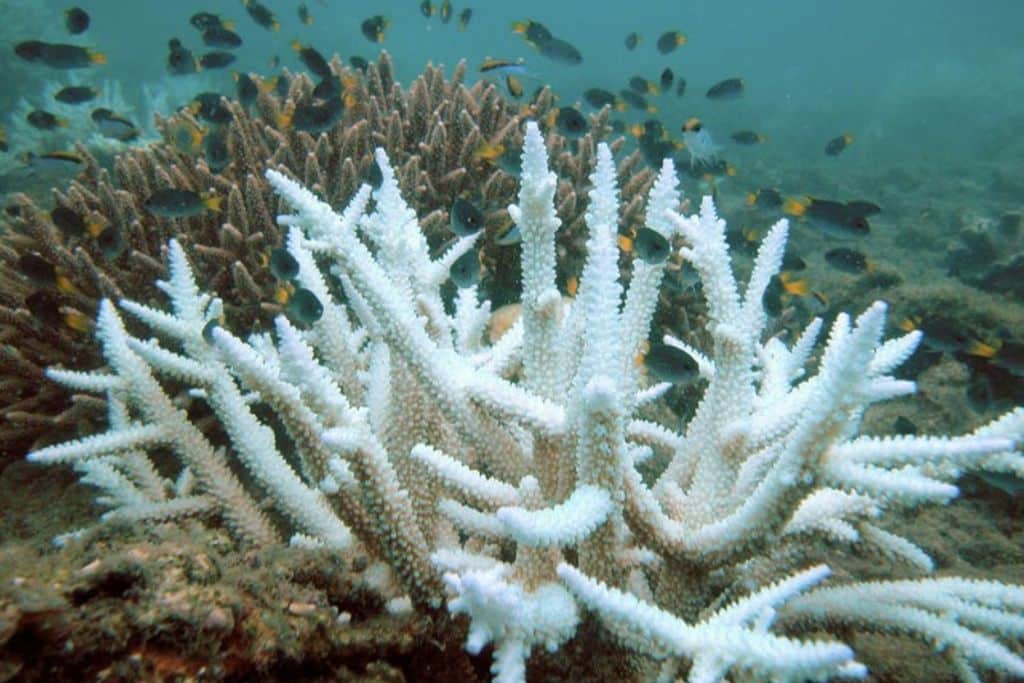
From 1 January 2023 to 20 April 2025, bleaching-level heat stress has impacted 83.7% of the world’s coral reef area.

Europe experienced its warmest March since records began, as climate change continues to push temperatures to unprecedented levels, European Union scientists said on Tuesday.